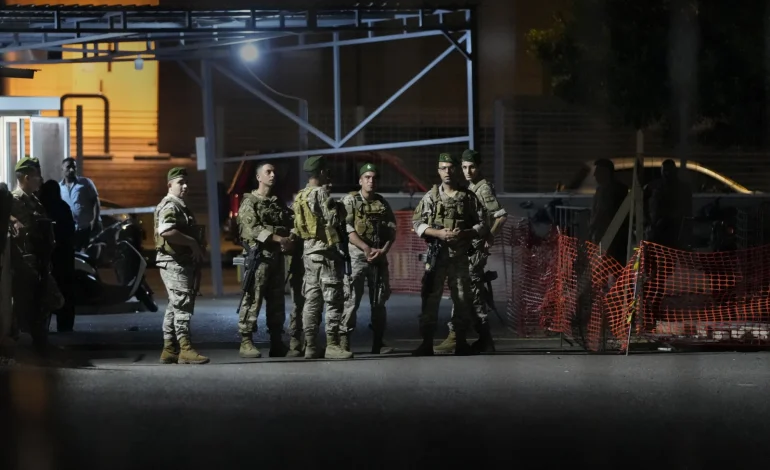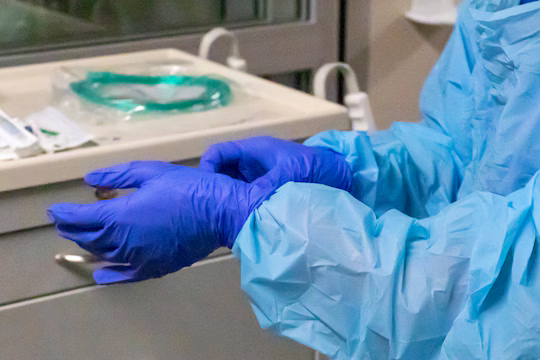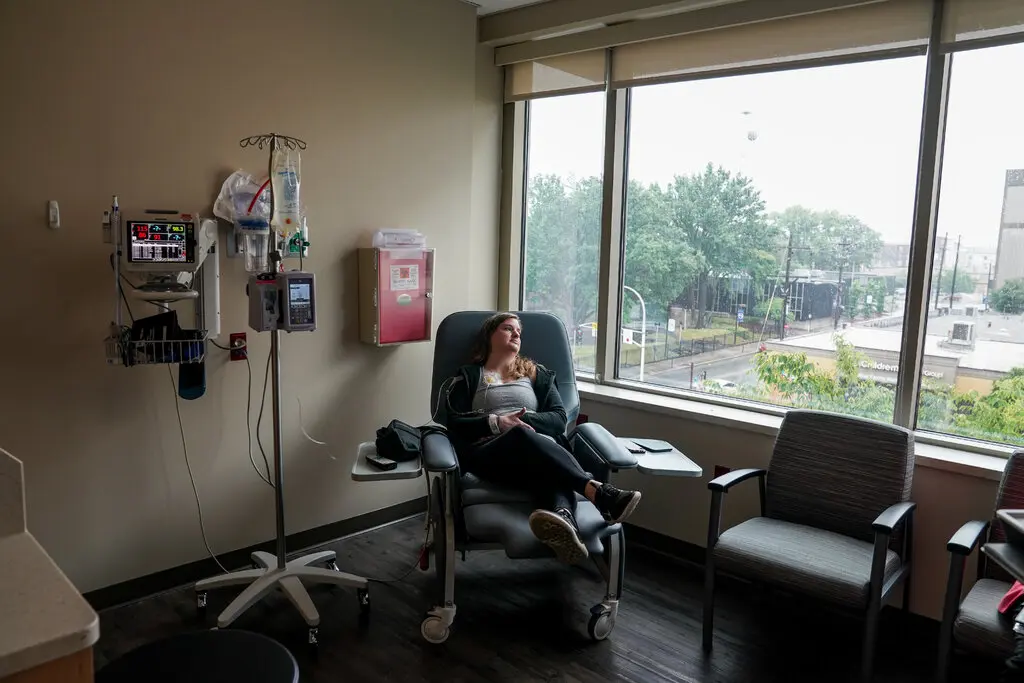Hezbollah Pledges Continued Strikes Despite Israeli Sabotage, Tensions Escalate

Hezbollah leader Hassan Nasrallah vowed on Thursday to continue daily attacks on Israel despite this week’s deadly sabotage of the group’s communication devices, The Associated Press reports.
He also declared that Israelis displaced from their homes near the Lebanon border would not be able to return until the war in Gaza ends.
Nasrallah’s speech, his first since the mass bombing of devices in Lebanon and Syria, marked a significant escalation of tensions between Hezbollah and Israel. He described the attack, widely blamed on Israel, as a “severe blow” and promised retaliation.
The two days of attacks, targeting thousands of Hezbollah pagers and walkie-talkies, have heightened fears of an all-out war. While Israel has neither confirmed nor denied involvement in the attacks, the incident has been widely interpreted as a major escalation of the conflict.
During Nasrallah’s speech, Hezbollah launched at least four attacks into northern Israel, killing two Israeli soldiers. Israeli warplanes flew low over Beirut, breaking the sound barrier and scattering birds, further adding to the sense of heightened tension.
Israel retaliated with attacks in southern Lebanon, claiming they targeted hundreds of rocket launchers and other Hezbollah infrastructure. While casualties were not immediately reported, the army asserted the launchers were about to be used “in the immediate future.”
Simultaneously, the Israeli army ordered residents in parts of the Golan Heights and northern Israel to avoid public gatherings, minimize movements, and stay close to shelters in anticipation of possible rocket fire.
In recent weeks, Israeli leaders have repeatedly warned of a potential large-scale military operation against Hezbollah, citing their determination to stop the group’s fire and allow tens of thousands of Israelis to return to their homes near the border.
Israeli Defense Minister, in a Thursday briefing, stated that Hezbollah would “pay an increasing price” as Israel strives to make conditions near the Lebanese border safe enough for residents to return. He emphasized that the “sequence of our military actions will continue.”
The attack on electronic devices appears to be the culmination of a monthslong Israeli operation targeting as many Hezbollah members as possible. However, the attacks also resulted in civilian casualties, with at least 37 people, including two children, killed and over 3,000 wounded in the explosions on Tuesday and Wednesday.
Nasrallah stated that Hezbollah is investigating how the bombings were carried out, accusing Israel of intending to kill thousands of people at once.
“The enemy crossed all boundaries and red lines,” he said, vowing a “severe and fair punishment from where they expect and don’t expect.”
Hezbollah leader Hassan Nasrallah has vowed to continue its daily attacks on Israel as long as the war in Gaza continues. He declared that Israel will not be able to bring its people back to the border region until the aggression against Gaza and the West Bank ceases.
“The only way is to stop the aggression on the people of Gaza and the West Bank,” Nasrallah said, asserting that “neither strikes, nor assassinations nor an all-out war will achieve that.”
Earlier on Thursday, Hezbollah claimed responsibility for targeting three Israeli military positions near the border, two of which were hit with drones. Israeli hospitals reported eight people sustaining light to moderate injuries. Hezbollah maintains that its near-daily barrages are a demonstration of support for Hamas. The conflict between Israel and Hamas in Gaza began after the militant group launched a surprise attack on Israel on October 7.
In response to Hezbollah’s attacks, Israel has launched strikes in southern Lebanon and targeted senior figures from the group in Beirut. The exchanges have resulted in hundreds of casualties in Lebanon and dozens in Israel, forcing the evacuation of tens of thousands of residents on both sides of the border.
Despite the escalating tensions, both Israel and Hezbollah have repeatedly pulled back from all-out war under pressure from the United States, France, and other countries. However, recent warnings from Israeli leaders suggest a determination to alter the status quo significantly.
“We are at the start of a new phase in the war – it requires courage, determination and perseverance.” Gallant made no mention of the exploding devices but praised the work of Israel’s army and security agencies, stating that “the results are very impressive,” Defense Minister Yoav Gallant said on Wednesday while addressing Israeli troops.
He outlined a shift in focus towards the north, stating that after months of fighting Hamas in Gaza, “the center of gravity is shifting to the north by diverting resources and forces.” As a precautionary measure, Israel began deploying more troops to its border with Lebanon on Wednesday. Israel’s army chief, Lt. Gen. Herzi Halevi, confirmed that plans for additional action against Hezbollah have been drawn up, although media reports indicate the government has yet to decide whether to launch a major offensive in Lebanon.
Lebanon remains in shock following the deadly device attacks on Tuesday and Wednesday. The explosions have instilled fear among Lebanese citizens, who are apprehensive about a full-scale war. The Lebanese Army has been actively locating and detonating suspicious pagers and communication devices. As a precaution, the country’s civil aviation authorities have banned pagers and walkie-talkies on all airplanes departing from Beirut’s international airport until further notice.
The attack is likely to severely disrupt Hezbollah’s internal communication as they scramble to establish secure means of communication. Hezbollah announced the death of five combatants on Thursday but did not specify whether they were killed in the explosions or on the front lines. The blasts occurred wherever the holders of the pagers or walkie-talkies happened to be, in multiple parts of Beirut and eastern and southern Lebanon – in homes, cars, grocery stores, cafes, on the streets, and even at a funeral for those killed in the bombings. Often, family members and bystanders were present nearby.
Many victims suffered gaping wounds on their legs, abdomens, and faces or were maimed in the hand. Tuesday’s pager blasts killed 12 people, including two children, and wounded some 2,300 others. Wednesday’s explosion resulted in 25 deaths and over 600 injuries, according to Health Minister Firas Abiad.
Abiad said that the injuries sustained on Wednesday were more severe than those from the previous day as the exploding walkie-talkies were larger than the pagers. He commended Lebanon’s hospitals for their ability to manage the influx of wounded within hours. Abiad characterized the attack as “an indiscriminate attack,” labeling it a “war crime.”








